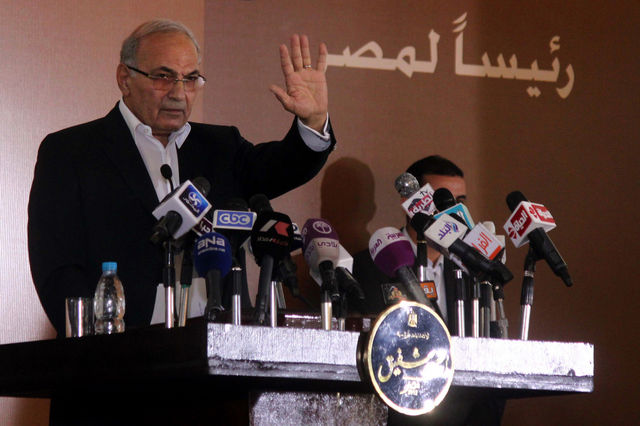Sudan’s President of the Sovereignty Council Abdel Fattah Al-Burhan, and Prime Minister Abdullah Hamdouk signed on Sunday an agreement to end the political deadlock in the country.
Following the declaration, Egypt’s Ministry of Foreign Affairs welcomed the agreement and appreciated the wisdom of the concerned parties of the Sudanese crisis.
Under the agreement, Hamdouk was reinstated as prime minister, almost a month after he was ousted in a military takeover. The agreement also stipulated the release of civilian political leaders detained since October.
The agreement also includes the completion of consultations between the military and political forces, except the National Congress, and the continuation of the constitutional, legal, and political procedures in the transitional period.
Moreover, the political accord stipulates full adherence to the constitutional document until it is amended with the approval of all parties, and those involved in the killing of demonstrators are held accountable.
The two parties also agreed that the Sovereignty Council will supervise the implementation of the tasks of the transitional period without interference in the executive work, in addition to emphasising that the partnership between civilians and the military is the guarantor of Sudan’s security.
Furthermore, the agreement included investigations into the events that took place in the demonstrations, including injuries and deaths, and bringing the perpetrators to court.
Last month, Al-Burhan declared a state of emergency in all governorates of the country, dissolving the Sovereignty Council and the cabinet. He also announced suspending activation on some articles of the constitutional document, hours after the military movement which resulted in the arrest of Prime Minister Hamdok and ministers in the government and other politicians.
Following the detention of Hamdouk, thousands of Sudanese protesters took to the streets of the capital city Al-Khartoum, protesting the decisions of Al-Burhan, while the authorities responded by closing all bridges in the face of the protesters.
In the meantime, western countries renewed their rejection of the unilateral measures of the military, and the United Nations demanded an immediate release of the detainees.

